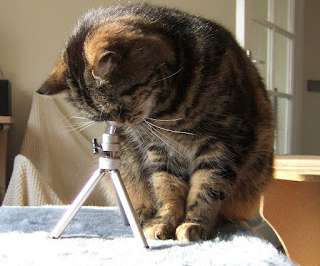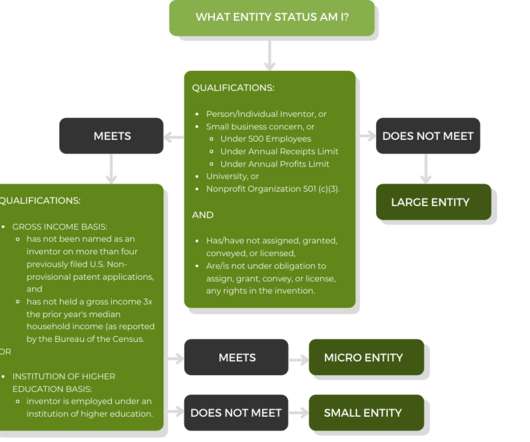Guest book review: Research Handbook on Intellectual Property and Technology Transfer
The IPKat
JUNE 25, 2021
Since 2013, Donal has been included into the IAM 300 (the world's leading IP Strategists) an annual listing of those individuals identified as offering operating companies and other IP owners world-class advice on maximising the value of their intellectual property. It explores how IP underpins technology transfer.














Let's personalize your content